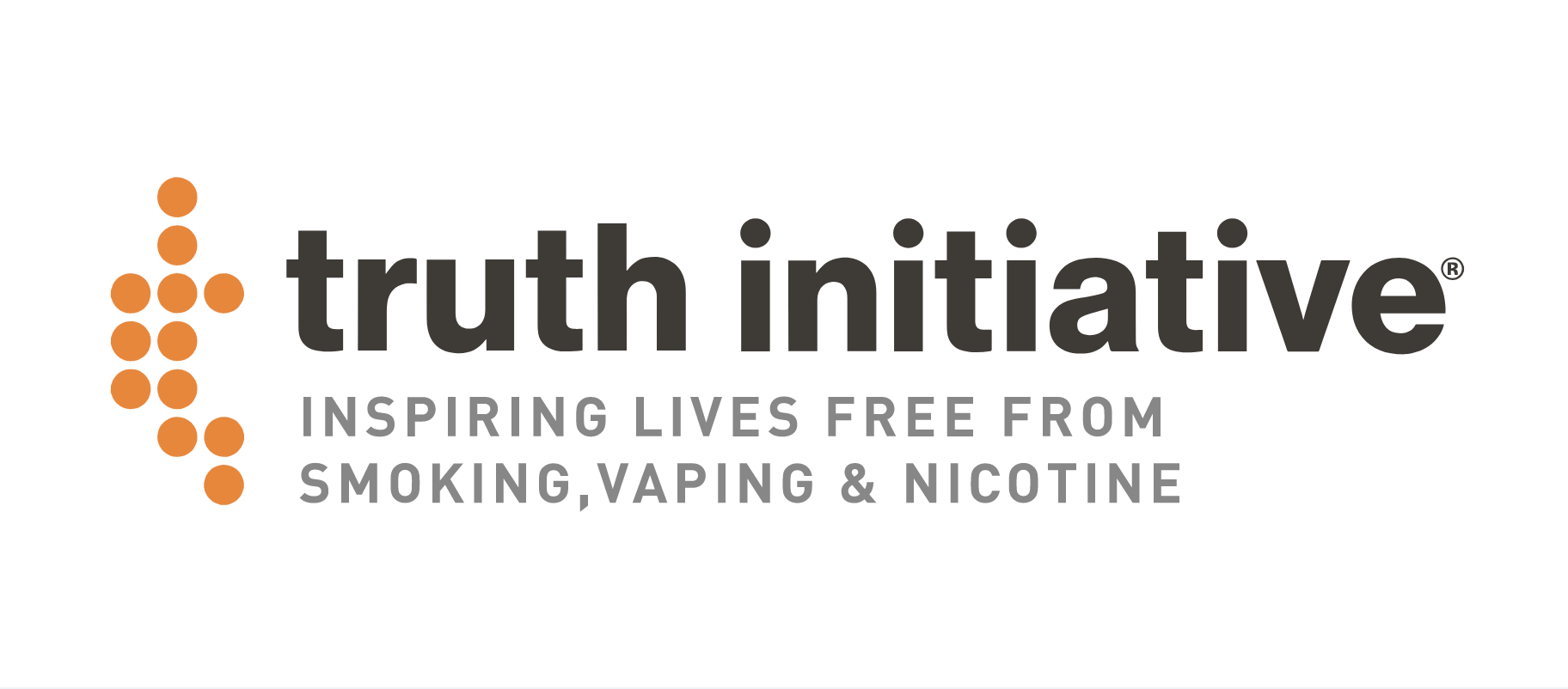There’s no cultural barometer quite like South by Southwest (SXSW), the annual weeklong festival in Austin, Texas, that hosts live music, comedy, film screenings and educational panels. Typically held in March, the event is a place where brands, artists and corporations go to mingle with a hip, well-off, young(ish) crowd. Executives at Google, IBM and Walmart discuss building a 21st-century workforce. Films premiere. Childish Gambino performs.
Public voting has opened up for what panels the festival will host in 2022, and one topic seems increasingly popular: drugs.
SXSW 2022 could, for starters, have a multitude of marijuana-themed panels, spanning federal legalization to criminal justice reform to equity in the industry. There are also around five times the number of psychedelics-themed panels compared to the ones proposed for 2021, according to Marijuana Moment.
Public vote counts as 30 percent of the final tally, with another 30 percent going to festival staff and the remaining 40 percent in the hands of the advisory board.
Absent from the lineup, however, are any proposed panels on vaping, or tobacco harm reduction more broadly. There appears to have been only one such panel proposed at SXSW over the years. SXSW organizers did not respond to Filter‘s request for comment as of publication time.
This continued omission, into 2022, represents the ever-more-striking disconnect in our shifting cultural perceptions around substance use. On the one hand, more people are recognizing that prohibition does not work, and there is a growing mainstream acceptance of harm reduction and legalization—especially as it pertains to cannabis and psychedelics. On the other hand, there is nicotine.
Truth Initiative, the powerful, abstinence-touting tobacco control organization, seems to have put together every proposed nicotine-related panel.
Nicotine and tobacco products are seemingly isolated from these conversations. Despite the mounting wealth of evidence that vaping is far less dangerous than combustible cigarettes, and that removing flavored vaping products from the market appears to be increasing youth smoking rates, many mainstream public health organizations and tobacco control groups—the World Health Organization (WHO), the American Lung Association, the Campaign for Tobacco-Free Kids (CTFK)—still call for the prohibition of safer nicotine alternatives.
This is a failed strategy, reminiscent of the War on Drugs. It persists even as tobacco use remains the number one cause of preventable death in the world.
Truth Initiative, the powerful, abstinence-only-touting tobacco control organization created after the industry was sued in the late 1990s, seems to have put together every nicotine-related panel proposed for SXSW 2022. And if any or all are approved, it is easy to guess what will happen: a one-sided flood of misinformation will spill out about widely debunked “harms” of e-cigarettes, while ignoring all of their benefits. (It’s worth noting that the nonprofit has presented at SXSW in previous years, and usually holds close to $1 billion in assets.)
You can currently vote, for instance, on “How to Rebrand Death: Money, Lies and Media,” a would-be discussion on how Big Tobacco is trying to become “an industry with a conscience.” Or “Tobacco & Social Justice: Expose & Demand Change,” a presumable monologue on why banning menthol cigarettes is good, actually. Or if you’re interested in hearing the same thing over and over again, you can help greenlight “Unvaping America’s Youth & Schools,” for what will likely be a tired diatribe about vaping rates among teens. Lastly, there’s “Don’t Mess with Our Heads,” a pitch on how you can “combat an addictive innovation”—that would be e-cigarettes—“masquerading as a public good.”
“Highly funded organizations can fold events like these and spread information that can oftentimes be biased or unscientific,” Ethan Nadelmann, the founder and former director of the Drug Policy Alliance (DPA), told Filter. “If you go back to the early years of the drug war, all of the money was on abstinence-only approaches.”
Part of the problem is that no THR proponents appear to have submitted any panels.
It wouldn’t be that hard for SXSW to introduce some nuance. There could be panels on prohibiting menthol cigarettes while encouraging adults to transition to safer flavored alternatives. Or why a growing body of research—at least three high-profile studies—shows vape flavor bans pushing teenagers toward cigarettes. Or how Japan has cut smoking rates by nearly half in just five years by simply not restricting the sale of heat-not-burn products.
Part of the problem, of course, is that no THR proponents appear to have submitted any such panels. Tobacco and vaping companies are not all strangers to SXSW: Marlboro has built smoking lounges at the event on numerous occasions over the years, and there have also been “official” vapor products. But you’d be hard-pressed to imagine their inclusion would go over well with mainstream tobacco control groups and public health organizations, which repeatedly overplay the dangers of vaping nicotine without acknowledging how it’s a less-dangerous option for smokers.
Still, by the time SXSW 2022 arrives in the spring, it’s likely that the Food and Drug Administration will have authorized at least some vaping products to legally stay on the market through the agency’s premarket tobacco product application process.
“This should be a call to arms for people who are for tobacco harm reduction to take the initiative and try to get on panels like these in the future,” Nadelmann said.
* DPA previously provided a restricted grant to The Influence Foundation, which operates Filter, to support a Drug War Journalism Diversity Fellowship.
Photograph via Maryland Department of Health





Show Comments